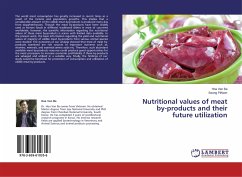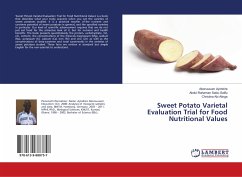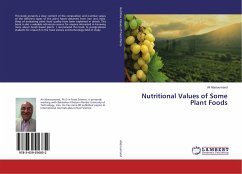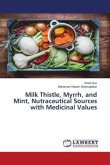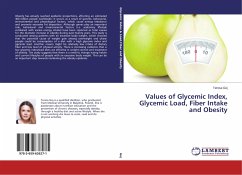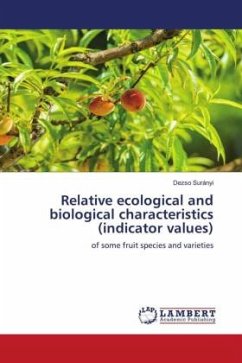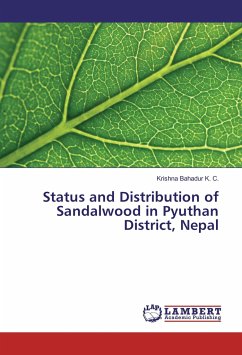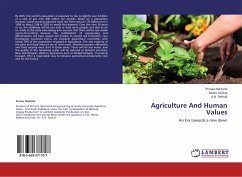The world meat consumption has greatly increased in recent times as a result of the income and population growths. This implies that a considerable amount of the edible meat by-products is produced every day from slaughterhouses. Though the meat by-products have been widely used as human foods in different traditional dishes in most of countries worldwide, however, the scientific information regarding the nutritional values of these meat by-products is scarce with limited data available. In the present work, the basic information regarding the yield and nutritional values of majority of edible meat by-products from various animal species were studied. The outcomes of our analysis showed that most of meat by-products examined are rich sources of important nutrients such as; vitamins, minerals, and essential amino acids etc. Therefore, such abundant available meat by-products resource could produce good opportunities for the meat processors to increase economic profitability if these by-products are salvaged and utilized in a suitable way. Finally, the findings of our study would be beneficial for promotion of consumption and utilization of edible meat by-products.
Bitte wählen Sie Ihr Anliegen aus.
Rechnungen
Retourenschein anfordern
Bestellstatus
Storno

